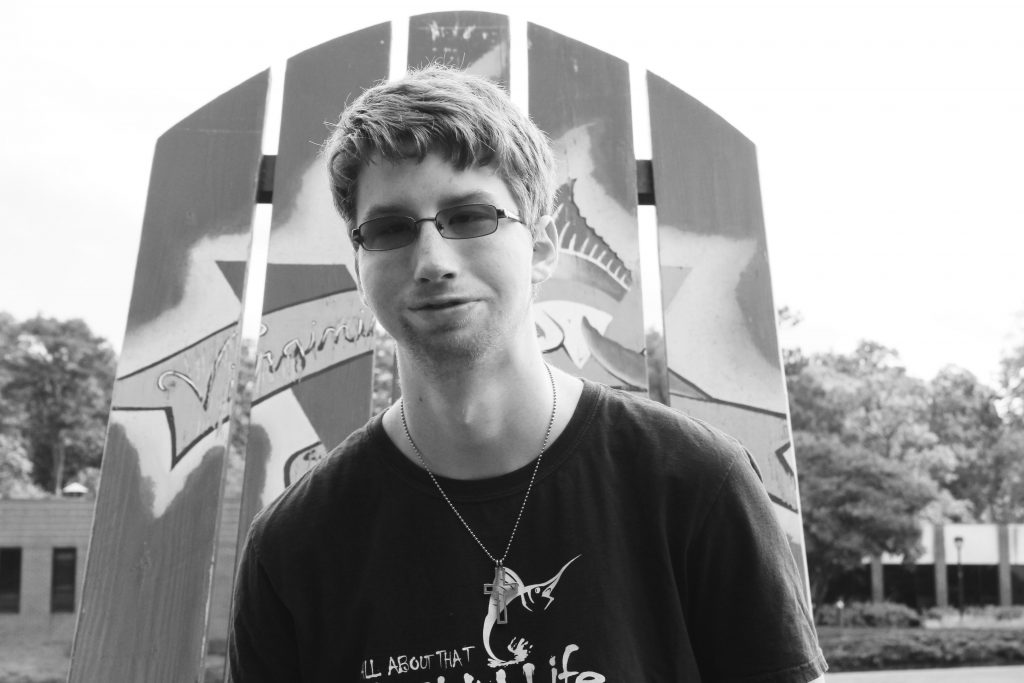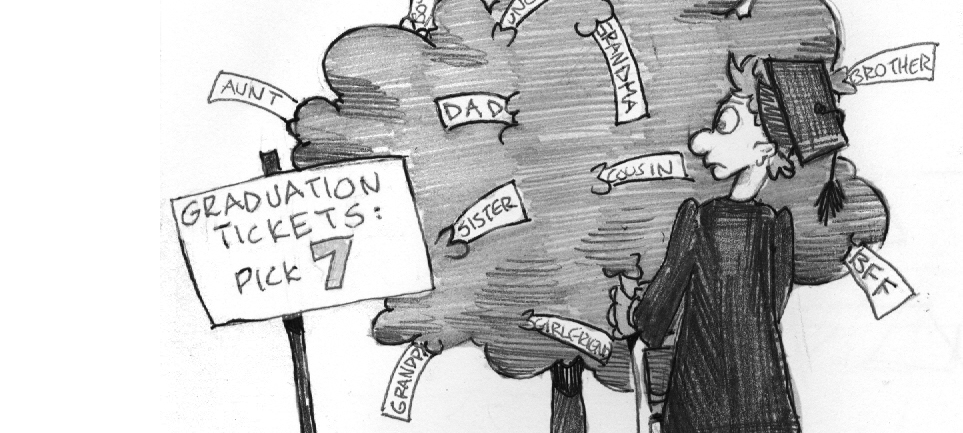Well people, it is again the time of the year when we celebrate the beloved holiday known as Thanksgiving. Many of us have reasons for enjoying and celebrate this holiday. My question is this: should we celebrate Thanksgiving based on the original reasoning behind this occasion or based on our own motives and traditions? I believe one could look either way on this argument, but for now let’s discuss the importance of the tradition.
Growing up, we were always taught about how Thanksgiving was celebrated by the Pilgrims after one of their first harvests here in the New World back in the early 1600’s. However, there is more to the story than just the feast and being thankful for it. The history of Thanksgiving goes beyond that because it was seen mainly as a time of prayer and giving thanks for all good fortune in one’s own life. It was never just about the food.
Now, enough with the history lesson, should we celebrate this day based solely on tradition and tradition alone? My opinion on this is that one does not have to celebrate this holiday because of how it started, but we should remember why we celebrate this holiday. It is meant to be a time of being thankful for what we have and being thankful for all that has happened. Hence, how this day got its name in the first place.
You may be wondering why I am telling you this, my point is that we let this holiday sometimes become just a time of chowing down on some good food, but we should remember what the meaning of this day is: being thankful, thinking of those struggling and praying for those poor souls. Be thankful for family, friends, co-workers, any people you have come across (good or bad) because they have shaped who you are. Be thankful for all that happens in your life, and not just for the good, but for the bad as well because every event in our lives shapes us. Do not just chow down on food and chat with the family.
Think of all that you have and all that has happened to you during the last year. You would be surprised how much has occurred in your world and how it has shaped you. You do not realize this on a day to day basis, but you are changing.
I am not telling you how to spend this day, I am just saying how I feel. We should remember why this day was created. It is not about the food; it is about being thankful. Try to remember that no matter where you are on this day. Whether you are with family, friends, or a complete group of strangers, these people are with you for a reason. Even if you feel life has dealt you a bad hand, it has made you stronger and you should be thankful for it. Bottom line, I do believe that Thanksgiving should be celebrated because of its traditions, but not just the grand feast, but thankfulness we feel within ourselves.
Jonathan Joyner
jrjoyner@vwu.edu
———————————————————————————————————————
The cool autumn breeze and smell of pumpkin spice wafting through the air bring a spirit of autumn and herald the annual spirit of the thanksgiving holiday celebrated by Americans across the country. For centuries Americans have been celebrating Thanksgiving as a time to come together with family, pause their busy schedules to reflect upon what they’re grateful for and enjoy delicious food. However, there is much more to the holiday than this. A remember celebrating thanksgiving as a child as a time to make turkeys using my handprints and Native American feather headdresses at school. I additionally remember making extensive lists of what I was thankful for then incorporating them in art to give to my parents.
Historically speaking, we often think of Thanksgiving as a day that celebrate friendship between the Native Americans and the European colonists. This is a myth perpetrated by our American culture in order to hide the scars of the past. The true origins of Thanksgiving are not rooted in friendship, but in Native American bloodshed. Due to the false truth this holiday portrays, I believe it is best that we change the meaning of Thanksgiving, putting less emphasis on the pilgrims and Native Americans and making it a day of gratitude for gratitude’s sake.
The history of relations between Native Americans and the colonists is rooted in colonists killing and persecuting large quantities of Native Americans both for their resources and lands as well as to create a sense of security for those colonists. Additionally, many Native Americans passed away as a result of disease brought by Europeans to the New World. Myths such as the one propagated by Americans today discount the suffering of Native Americans at the hands of the white-man and the millions of Native Americans left burdened with displaced.
Thanksgiving was actually originally created as a holiday for the purpose of creating unity among Americans. It was not even recognized as a national/federal holiday until after the Civil War, to continue a measure passed by Abraham Lincoln intended to develop a sense of peace following the divisive war.
Social science professor Sarah Manning says in Indian Country Today, “Changing any story, essentially, means short-changing American society from some extremely valuable lessons – lessons that function to plant the seeds of social consciousness and humanitarian evolution.” I agree with Manning that we should use this holiday as an opportunity to learn from the past, create a better future and recognize the wrong our predecessors did to the native people of American. We should respect reality as opposed to create a fantasyland in which we see the past through rose colored lenses.
If we refuse to do this, we should use this as a day of giving thanks in general, separated from the tradition of pilgrims and Native Americans. This could also simply be a celebrated as a day to spend time with family. However, the fate of Thanksgiving is little different than many others, just as Christmas has become more so about Santa than the birth of Jesus and Easter about the Easter bunny as opposed to the resurrection, Thanksgiving is about “friendship” between Native Americans and pilgrims.
Ashley Kline
aakline@vwu.edu

